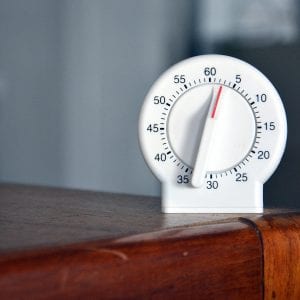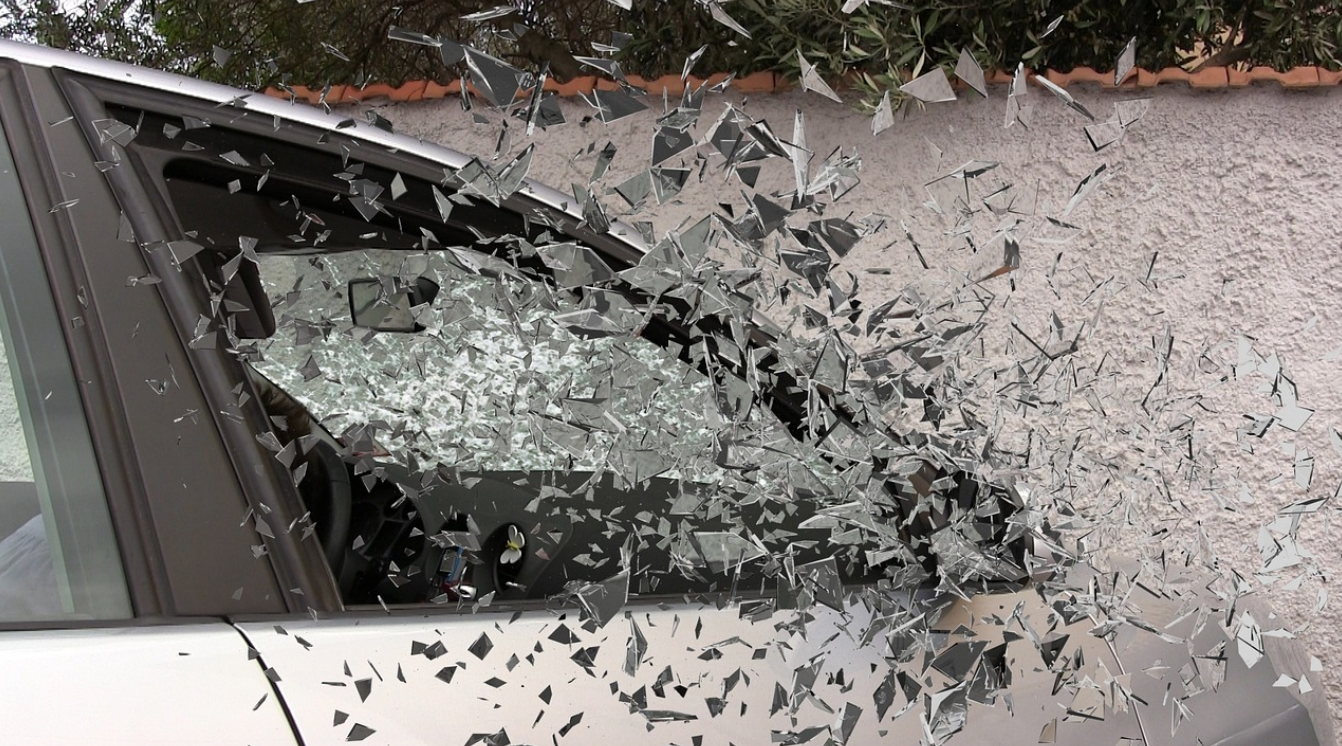Florida’s car accident laws are designed to regulate liability and insurance claims, but they can create complications for injured drivers.
A car accident can leave you dealing with injuries, vehicle damage, and complicated insurance claims. Florida has specific laws that determine who is responsible, how insurance works, and what steps are required after a crash. Whether the crash causes minor damage or severe injuries, Florida’s car accident laws determine who is responsible, how insurance applies, and when a claim can be filed. What follows are some of the relevant laws that come into play after a car accident.
Reporting an Accident: When It’s Required
Florida Statutes Sections 316.062–316.065 – Staying at the Scene and Exchanging Information
Drivers involved in a crash that causes injuries or significant property damage are required to remain at the scene and provide certain information, including name, address, vehicle registration number, and driver’s license. Refusing to provide this information or leaving the scene can lead to serious penalties.
If someone is injured, drivers are also required to provide reasonable assistance, such as calling 911 or arranging for medical transport.
Florida Statutes Sections 316.027 and 316.061 – Leaving the Scene
Leaving the scene of an accident is a criminal offense in Florida. The consequences depend on the severity of the crash:
- Section 316.027: If a crash results in an injury or death, leaving the scene is a felony that can lead to prison time, fines, and license revocation.
- Section 316.061: Leaving the accident scene after causing property damage is a misdemeanor, which can result in fines and possible jail time.
Drivers who leave the scene, even in minor accidents, may face higher insurance premiums, civil liability, and difficulties disputing fault if the case goes to court.
Who Is at Fault? A Review of Liability Rules
Florida Statutes Chapter 768 – Comparative Fault
Florida follows a modified comparative negligence rule, updated in 2023. If a driver is found more than 50 percent responsible for a crash, they cannot recover damages from the other party. If fault is shared but remains under this threshold, compensation is reduced by the driver’s percentage of fault.
Florida Statutes Section 768.28 – When a Government Vehicle Is Involved
When a crash involves a government-owned vehicle or an employee acting within their job duties, different rules apply. Claims against government entities are subject to damage caps, and specific procedures have to be followed when filing a claim.
Florida Statutes Section 316.192 – Reckless Driving
Florida law defines reckless driving as willful or wanton disregard for safety. Excessive speeding, aggressive maneuvers, and ignoring traffic laws can lead to criminal charges and impact fault determinations in civil cases.
Florida Statutes Section 316.193 – DUI and Accidents
A driver with a blood alcohol concentration (BAC) over the legal limit can face severe consequences in an accident. Liability increases when alcohol is involved, and DUI convictions can lead to enhanced penalties, including longer license suspensions and higher fines. A conviction can also influence how fault is assigned in a civil lawsuit.
Florida’s No-Fault Insurance System and Financial Responsibility
Florida Statutes Chapter 627 – Personal Injury Protection (PIP) Requirements
Florida requires drivers to carry Personal Injury Protection (PIP) insurance, which covers medical expenses and lost wages after a crash, regardless of who was at fault. PIP is mandatory for all registered vehicles in Florida.
Florida Statutes Section 627.737 – When Can an Injured Party Sue?
PIP limits lawsuits for minor injuries, but claims can go beyond these limits if the injuries meet certain criteria. Permanent injuries, significant scarring, or the loss of an important bodily function allow an injured party to seek additional compensation from the at-fault driver.
Florida Statutes Chapter 324 – Proof of Financial Responsibility
Drivers are required to show proof of financial responsibility to cover damages from a crash. Florida law sets minimum coverage requirements, including at least $10,000 for property damage. Additional coverage may be required for drivers with certain violations, such as DUI convictions.
Florida Statutes Section 627.733 – Insurance Requirements for Out-of-State Drivers
Drivers from other states who operate a vehicle in Florida for more than 90 days within a 365-day period are required to carry Personal Injury Protection (PIP) insurance. The 90 days do not need to be consecutive. PIP coverage has to remain in effect while the vehicle is in Florida, regardless of the insurance rules in the driver’s home state.
Deadlines for Filing a Claim
Florida Statutes Section 95.11 – Statute of Limitations
- Personal Injury Lawsuits: On March 24, 2023, Florida reduced the time limit for filing a personal injury lawsuit from four years to two years. The deadline is now two years from the date of the crash.
- Wrongful Death Claims: A lawsuit seeking compensation for a death caused by a car accident has to be filed within two years from the date of death.

Image by Marcelo Leal, via Unsplash.com.
Certain factors can extend or shorten these deadlines. If the at-fault driver leaves the state or conceals their identity, the filing period may be extended. Claims against government entities generally have shorter deadlines and additional procedural steps. Missing the deadline prevents a claim from moving forward.
Property Damage and Insurance Claims
Florida Statutes Section 324.022 – Property Damage Liability (PDL) Insurance
Florida follows an at-fault system for vehicle damage claims. The driver responsible for the crash is also responsible for covering repair or replacement costs.
Under Florida Statutes Section 324.022, drivers are required to carry at least $10,000 in Property Damage Liability (PDL) insurance. PDL insurance pays for damage to another person’s vehicle or property when the policyholder is at fault.
If repair costs exceed the at-fault driver’s coverage limits, the remaining balance may need to be paid out of pocket. The other driver may file a lawsuit to recover the difference.
Florida’s Move Over Law
Florida Statutes Section 316.126 – Move Over Requirements
Drivers approaching a stopped emergency or service vehicle with flashing lights are required to change lanes when possible. If moving over cannot be done safely, drivers are required to reduce speed.
- On roads with speed limits of 25 mph or higher, drivers should slow by at least 20 mph below the posted limit.
- On roads where the speed limit is 20 mph or lower, drivers should reduce speed to 5 mph.
Violating the Move Over Law can result in fines and points on a driving record.
Florida’s 14-Day Rule for PIP Coverage
Florida Statutes Section 627.736 – Seeking Medical Treatment After a Crash
Drivers who want to use Personal Injury Protection (PIP) benefits after a crash are required to seek medical treatment within 14 days. If this deadline is missed, PIP will not cover medical expenses, regardless of the severity of the injuries.
How Florida’s Car Accident Laws Create Challenges for Injury Claims
Florida’s car accident laws are designed to regulate liability and insurance claims, but they can create complications for injured drivers. PIP coverage is meant to provide quick access to medical benefits, yet the 14-day rule can leave some without coverage if they don’t seek treatment immediately. The modified comparative fault rule allows insurance companies to argue that a victim shares blame so they can limit the amount they have to pay. Even clear-cut cases can become disputes over fault percentages, medical necessity, or insurance policy loopholes. For accident victims, the challenge isn’t just meeting legal deadlines—it’s dealing with a system where insurers use the law to limit payouts.


Join the conversation!